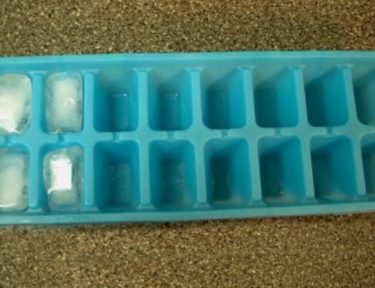Doctors Estimate What Type Of Cancer Kate Has
Princess Kate underwent “major abdominal surgery” in January 2024, and it was originally expected that she would be back to performing her royal duties after Easter. Then, she made another announcement.
On March 22nd, Kate shared that “tests after the operation found cancer had been present.” As a result, she is undergoing “preventative chemotherapy.”
View this post on Instagram
Kate did not share any specifics about the diagnosis such as what type of cancer was discovered in the post-surgery tests, but now, doctors are weighing in and making their most educated guesses about what type of cancer they think the princess is battling.
Dr. George Crawford told TMZ that he believes it’s most likely that the princess had either ovarian cancer or uterine cancer. He explained, “I’m guessing what probably happened is they were doing just that—assuming they were removing just a cyst or removing her uterus for something benign, [and] when they sent it for evaluation, it came back [as having] cancer.”
Medical contributor Dr. Marc Siegel told “Fox & Friends Weekend” that he thinks it’s likely that Kate was either diagnosed with colon cancer or ovarian cancer; however, he doesn’t think that what type of cancer Kate has is the most important thing to learn.
Dr. Siegel thinks it’s even more important to learn how important it is to diagnose cancer early when it’s treatable. He also thinks it’s important for all of us to learn the importance of allowing everyone privacy, and that includes royals.
Watch the video below to hear why Dr. Siegel believes it’s most likely that Kate had either ovarian cancer or colon cancer and which one he thinks he thinks it is and why.
As mentioned in the video, due to the location of her surgery and the fact that it looks like she hasn’t lost her hair, it seems most likely that she may have had colon cancer. According to WebMD, colon cancer symptoms include constipation or diarrhea, stomach cramps, blood in poop, fatigue, a lump in the rectum or stomach and fatigue.
Diagnosis often includes a colonoscopy, a biopsy of suspicious tissue, and an MRI or ultrasound. Treatment can involve surgery, radiation, chemotherapy and immunotherapy.





